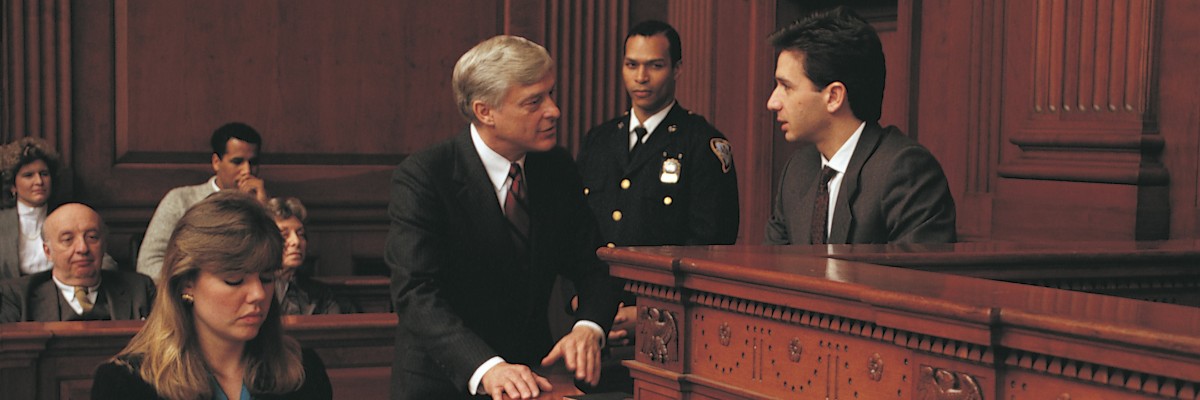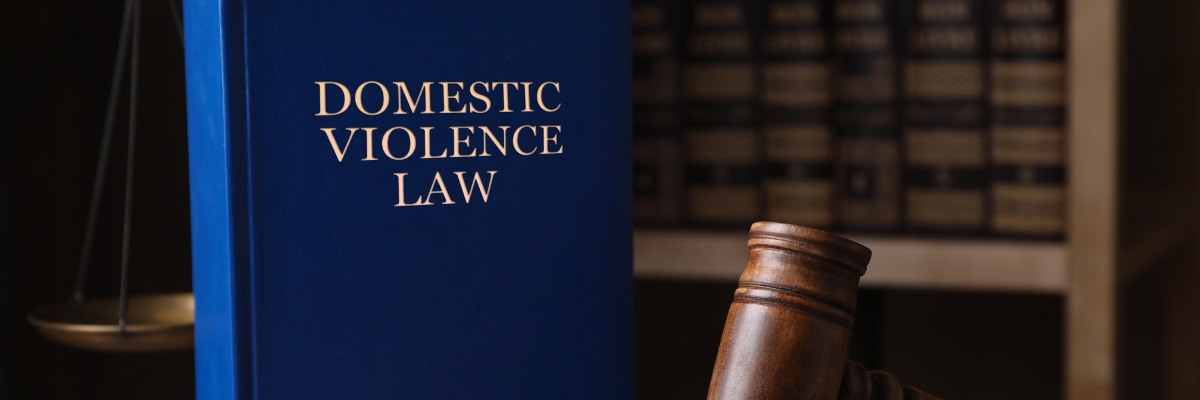For anyone unfamiliar with the criminal justice system and how our courts operate, the first time you attend court can be both confusing and frustrating. If you have not retained a lawyer and depending on how busy the court is that day, you may be at court for a couple hours.
The following is intended to walk you through what you can expect to happen on your first court date. If you have never been to court before and you have not hired a lawyer, you should also consider reading my post on courtroom etiquette.
Attending Court on the First Date
Whether you are released from the police station or you are released after a bail hearing, you will be given a date to appear in court. Before you go to court you should check your bail papers to make sure you attend the right courtroom at the right time. Unless you retain a lawyer and sign a designation of counsel prior to this date, then you must attend court on that particular date. A designation of counsel is a document you can sign that indicates you have hired a lawyer and that your lawyer can appear on your behalf.
When you get to the courthouse you should check the court docket to make sure your name is on the list. There will usually be a court docket outside each courtroom. The court docket will indicated the person who is charged, the offence he or she has been charged with and the line number where that charge appears on the docket. If you are a youth, then your initials will appear on the court docket, not your full name. If you do not see your name on the list then you should speak with duty counsel or your lawyer.
If you fail to attend court on that date and you do not have a lawful excuse for failing to attend, a bench warrant will be issued for your arrest and you could be charged with failing to appear. You should know that there are very few lawful excuses available for not attending court. One lawful excuse may be that you are in hospital and you are physically unable to attend court.
Legal Assistance Available
If you have not retained a lawyer by your first court date, Duty Counsel should be able to assist you by advising the Court what you would like to do with your matter. Duty Counsel is a service available free of charge to provide individuals with limited legal assistance, however Duty Counsel cannot act as your lawyer. If you are charged with a criminal offence, even if it is only a very minor charge, it is strongly recommended that you retain a lawyer to represent you.
Your Options on the First Court Date
The first court appearance is an administrative court date, not a trial date. You cannot have your trial on the first court date and there will not be any complainants, witnesses or police officers present. You have two options on the first court date; (1) you can adjourn your matter for a few weeks or (2) you can advise the Court you wish to plead guilty. There are many reasons you may wish to adjourn your matter for a few weeks, including;
- To review the disclosure provided to you by the Crown Attorney.
- To retain a lawyer to represent you.
- To have an opportunity to apply for Legal Aid.
- Full disclosure is not available.
- No disclosure is available.
- To have an opportunity to have a pre-trial with the Crown Attorney.
If you have already hired a lawyer and signed a designation of counsel then your lawyer can attend court on your behalf. In these circumstances your lawyer will attend court, obtain any disclosure available, and adjourn your matter a few weeks to review the disclosure and meet with you. Your lawyer may also arrange a Crown Pre-trial prior to the next court date.
If you choose to plead guilty, the Court and the Crown Attorney may or may not be in a position to accept your guilty plea. Regardless of whether you are able to plead guilty on the first court appearance or not, your matter should be traversed to a court that can accept your plea. Most courts will often have a courtroom designated as a plea court.
When you attend the first appearance court you will be before a Justice of the Peace, who does not have the legal authority to accept your guilty plea. In order for you to plead guilty you must be brought before a Judge of the Ontario Court of Justice, and thus your matter must be traversed to a court where a Judge is presiding. If your first court appearance is at 2:15pm and the court is busy that day, there may not be enough time for your matter to be traversed to a plea court and for a Judge to hear your guilty plea. Keep in mind that when your matter is traversed to another court there is likely going to be other matters in the court that will be heard before your matter is spoken to.
The Information Session
There are some courts in Toronto, such as the Ontario Court of Justice at College Park, at 1000 Finch Avenue or at 2201 Finch Avenue that have an introductory session for people who are there for their first court date. The information session is about 5 to 10 minutes and it is run by Duty Counsel and the Assistant Crown Attorney. Essentially what happens at these courts is that an Assistant Crown Attorney and Duty Counsel will enter the court and speak with everyone as a group. Duty counsel will speak with you about what happens in court and what your options are that day. You will then receive disclosure from the Assistant Crown Attorney and you will be provided an opportunity to review it with a lawyer from the Duty Counsel office. Court usually resumes 30 to 45 minutes after the information session, at which point you will be asked by the Court how you would like to proceed with you case.
Contact Me
It is strongly recommended that you hire a lawyer before attending for your first court date. If you have been charged with a criminal offence, contact me today for a free 30-minute consultation.
For more information about you first court date and the criminal justice system you can also visit the website for the Ministry of the Attorney General.






